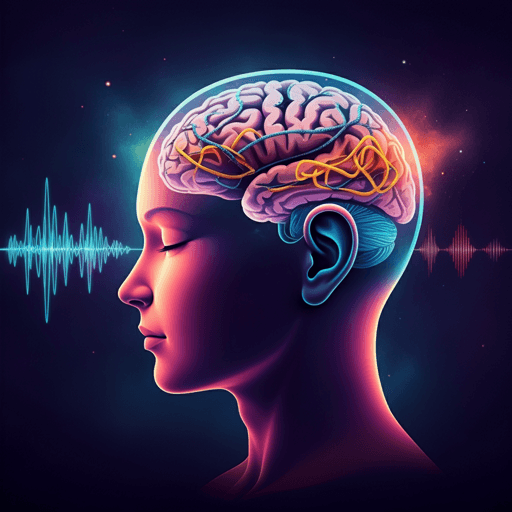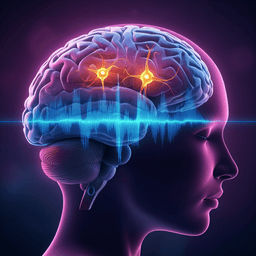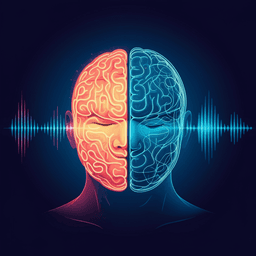
Psychology
Targeted memory reactivation during sleep improves emotional memory modulation following imagery rescripting
D. Recher, J. Rohde, et al.
Targeted Memory Reactivation (TMR) during NREM sleep amplified the benefits of imagery rescripting (ImR): cued autobiographical memories became less vivid, distressing, and arousing in a home-based wearable-EEG study. Research conducted by Authors present in <Authors> tag.
Related Publications
Explore these studies to deepen your understanding of the subject.







